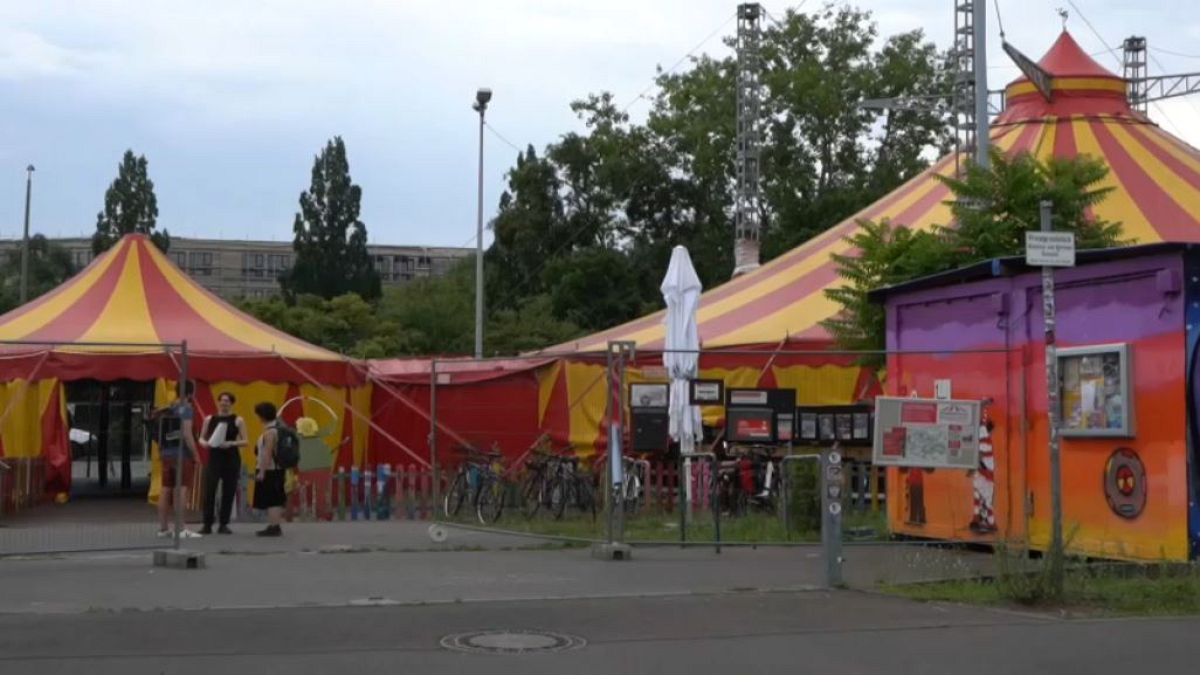Germany hosts ‘Europe’s Largest Poetry Festival’. The annual event, started in 2000, is holding its 25th edition in Berlin.
The festival's motto is to 'highlight under-represented voices'.
The festival includes training for poetry educators, workshops for children, and a panel on socio-political issues.
Inside a circus tent in Berlin, movement mixes with the spoken word for one of the events. Mireia Casanyes and Carla Marco from Spain said they performed their work in Catalan because it’s an endangered language.
“Poetry does express this feeling of being in a language that is not a hegemonic language so a language that is not part of the main European, cultural, historical thinking but Catalan does have a huge importance,” Casanyes said.
More than 150 artists from around the world are coming to Berlin for what is billed as Europe’s largest poetry festival.
Mel Manuel Irmey tackled the use of language and gender identity. Manuel believes the German language, with its gendered nouns, forces people to think in binary terms.
“It’s just so weird because we learn languages in school, but actually I never learned to talk about myself,” they said.
"Poetry is a universal language"
Works are being presented across the city, from an audio installation next to a club to an outside courtyard.
The diversity of the artists is reflected in the subjects they tackle, such as an American artist talking about homophobia in the US and Ukrainian poets speaking about their work on how the war is affecting their home.
Back at the circus tent, the performers say they hope poetry will provide an emotional connection between their subject matter and a wider European audience.
“Poetry is not only about the specific words, it’s a universal language and through this we try to expand not only the spoken word but the images, the rhythm, the effects, the feelings,” Marco said.


